HK youths rightly convicted for breaking law
Updated: 2016-08-08 07:34
By Song Sio-Chong(China Daily)
|
||||||||
Because of the refusal to follow the laws, and respect the power of the commissioner of police and police force to regulate public meetings, "Occupy Central" caused huge losses and great sufferings to the people of Hong Kong. We saw how Hong Kong's reputation was soiled, its social stability jeopardized and economic activities affected. Judicial conviction therefore is legitimate, which under no circumstances should be seen as "political payback". In the absence of legal consequences, more such illegal movements would have been launched at the cost of Hong Kong's 7 million people.
The prosecution and conviction of lawbreakers have nothing to do with freedom of expression. Justice will be served in accordance with the law. And law enforcement can never be "a chilling warning to freedom of expression".
In fact, the unlawful "Occupy central" or "Umbrella Revolution" sent a chilling warning about the rise of anarchy.
Some Western media outlets have wrongly assumed that those convicted did something worthwhile for the democratic development of Hong Kong. They don't realize that the youths' demands were against Hong Kong's Basic Law; worse they obstructed democratic development.
Article 45 of the Basic Law provides the blueprint for eventually realizing universal suffrage in the Hong Kong Special Administration Region. The National People's Congress Standing Committee, with its interpretations and explanations of the Basic Law, has laid out the framework for the implementation of universal suffrage. And the SAR government has mapped out a plan to elect the next chief executive through universal suffrage. If all of these were respected and followed strictly, we would have been on track to elect the next chief executive through universal suffrage in 2017. Now that goal has been postponed.
The laws that have helped Hong Kong achieve the rule of law include the law of public order, which authorizes the police to prevent, stop or disperse, with force as and when necessary, any unlawful public meeting, procession and gathering. Anyone who disobeys these laws therefore deserves punishment, as they do in the United States and the United Kingdom.
The author is a veteran commentator and professor at the Research Center of Hong Kong and Macao Basic Law, Shenzhen University.
- Nepal's newly elected PM takes oath
- Texas gun law worries incoming students
- China vows to deepen economic, trade cooperation with ASEAN
- Fire guts Emirates jet after hard landing; 1 firefighter dies
- Egypt's Nobel-laureate scientist dies of illness in US
- THAAD muscle flexing unmasks anxiety over declining hegemony
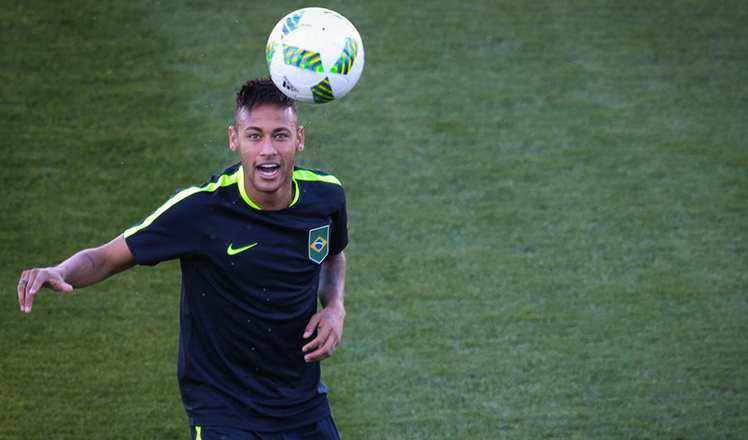
 Big names train for Rio 2016
Big names train for Rio 2016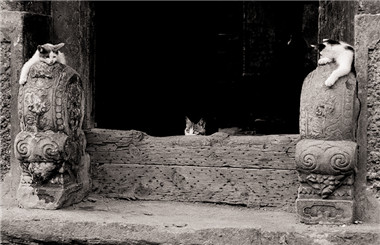
 Photo exhibition narrates charm of old Beijing
Photo exhibition narrates charm of old Beijing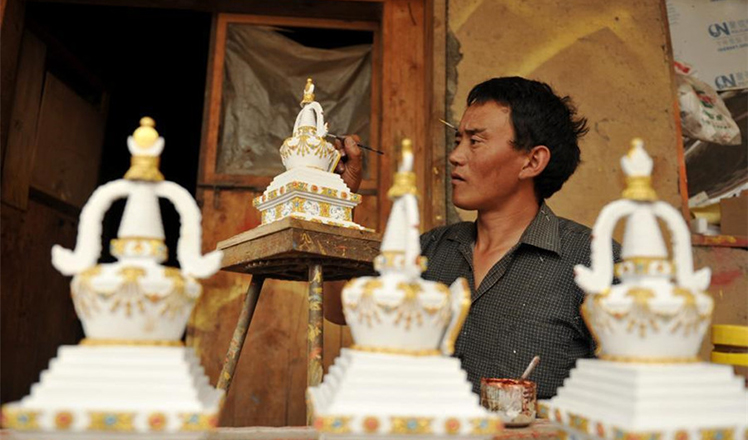
 Traditional Tibetan handicrafts kept alive in SW China
Traditional Tibetan handicrafts kept alive in SW China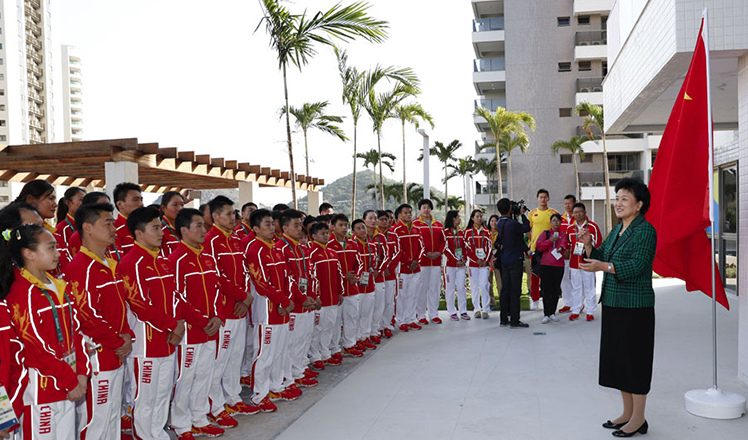
 Chinese Vice Premier visits Olympic delegation
Chinese Vice Premier visits Olympic delegation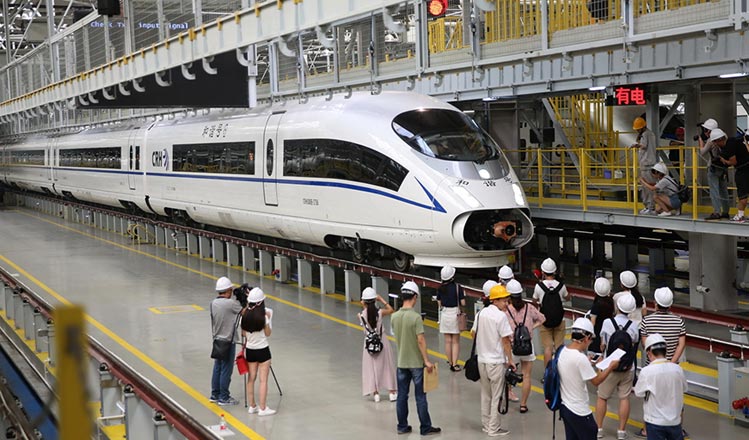
 World's fastest bullet train to start operating next month
World's fastest bullet train to start operating next month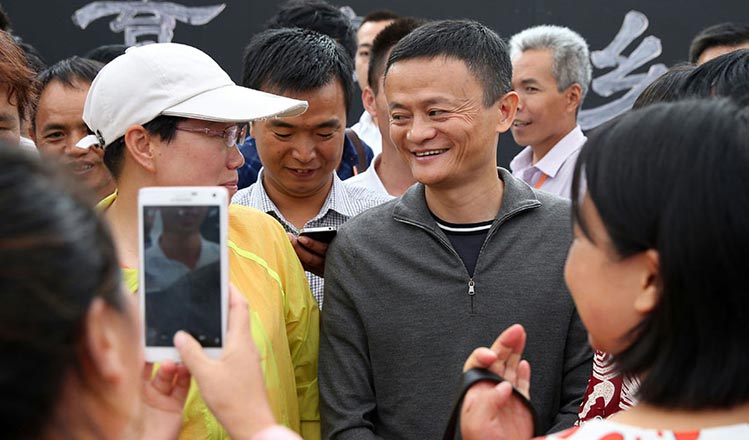
 Jack Ma visits rural school, meets teachers
Jack Ma visits rural school, meets teachers
 Top 8 global market leaders from China
Top 8 global market leaders from China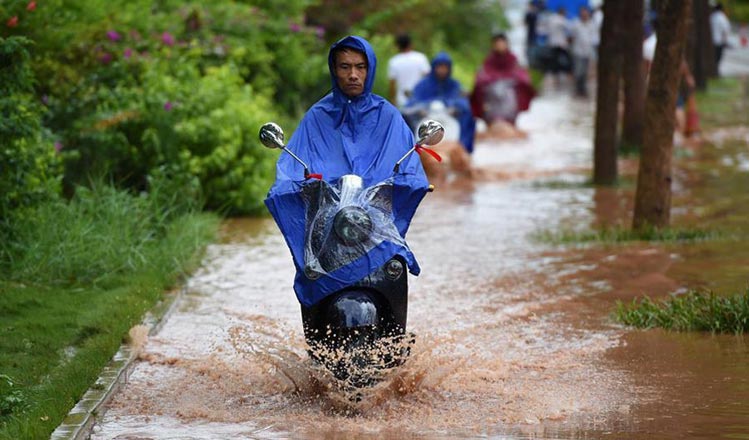
 After Typhoon Nida, torrential rain hits S. China
After Typhoon Nida, torrential rain hits S. China
Most Viewed
Editor's Picks

|

|

|

|

|

|
Today's Top News
US launches airstrikes against IS targets in Libya's Sirte
Ministry slams US-Korean THAAD deployment
Two police officers shot at protest in Dallas
Abe's blame game reveals his policies failing to get results
Ending wildlife trafficking must be policy priority in Asia
Effects of supply-side reform take time to be seen
Chinese State Councilor Yang Jiechi to meet Kerry
Chinese stocks surge on back of MSCI rumors
US Weekly

|

|







